research prioritisation project
Maternity research receives less funding than many other areas of healthcare. This project will discover the gaps in evidence across all areas of midwifery practice and maternity care and identify a top 10 research priorities will be championed by the RCM and other organisations to influence funders and policy makers.
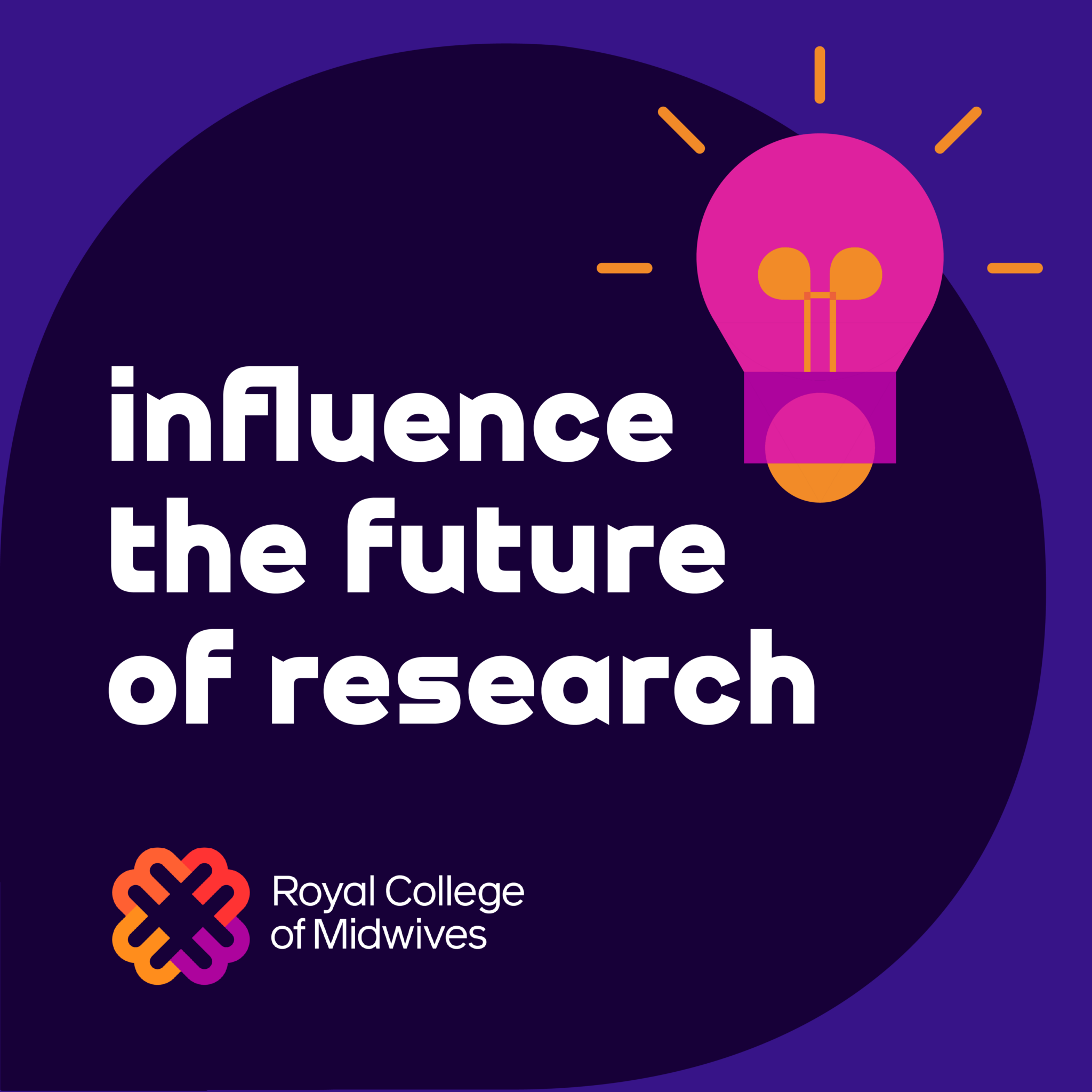
The top 10 priorities for midwifery practice and maternity care are:
- What is required to create and implement culturally safe maternity care in the UK for women and birthing parents, and their babies, and staff from the global ethnic majority? What role does decolonisation of the midwifery curriculum and ongoing learning in clinical settings play in improving cultural competence and safety?
- What are the appropriate reasons for Induction of labour? What are the short and long term maternal and baby outcomes associated with it? How should this be communicated to women and birthing parents and their informed consent gained?
- What are the important components of personalised maternity care to ensure informed choice and decision making and how should this care be provided?
- How does the culture within the maternity services, including racism, incivility and other negative behaviours amongst staff impact on midwives, maternity support workers and maternity care assistants and what can be done to address this?
- What factors mean that birth is becoming increasingly medicalised, and what are the long and short term outcomes resulting from interventions? How does medicalisation impact on the choices that women and birthing parents can make and the clinical care that they receive?
- How can the causes and consequences of pre-existing psychological trauma during the perinatal period be better understood and prevented or the impact reduced? What role does trauma-informed care play in addressing it?
- How can postnatal care be prioritised and improved so that mothers and birthing parents and their babies receive high quality care that meets their individual needs?
- How can the maternity services improve bereavement care? How should the best available information be used by maternity services to improve the bereavement care experience for parents who suffer a loss in their current or previous pregnancies? What support and care provision should be available for families following a maternal death?
- How can midwifery continue to be an attractive career for potential applicants? How can midwifery students and qualified midwives be helped to stay in the profession in a way that provides a positive work environment and supports the provision of safe and compassionate care?
- What are the specific needs of neurodiverse individuals (including those undiagnosed) throughout their maternity care, and what knowledge, understanding and communication skills should maternity care professionals possess to provide safe and compassionate care?
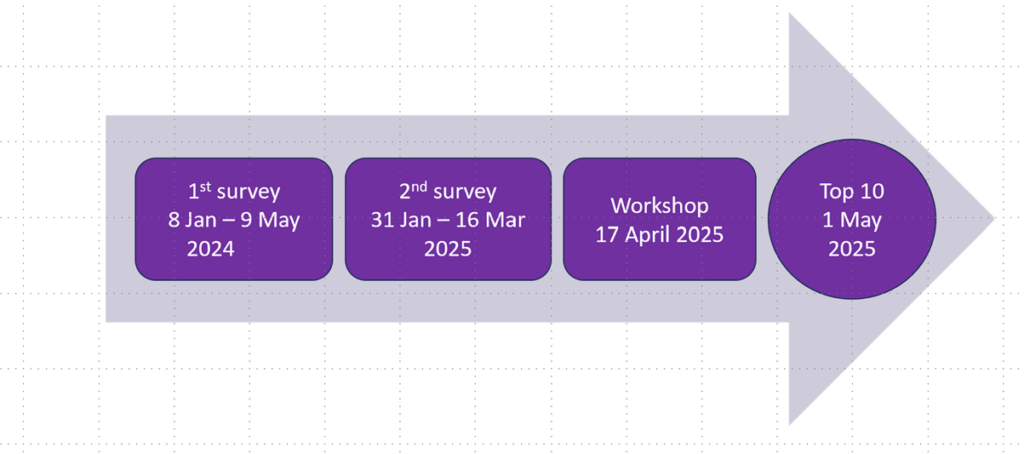
The Project
The scope of this project included perspectives gathered from UK based midwives (working in any professional capacity), midwifery students, maternity support workers and maternity care assistants, service users – which include women and birthing people, their partners, families and friends, birth supporters, and midwifery and service user organisations. The priorities were developed from two electronic surveys and an in-person workshop.
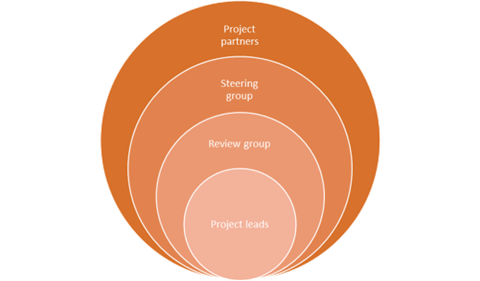
Project team
- Project Leads – The RCM Research Advisors, Jenny Cunningham and Dr. Jude Field are leading this project. You can contact Jude and Jenny on researchpriorities@rcm.org.uk
- JLA Advisor – Dr Nahid Ahmad
- Review group – The Research Team decided to add an additional layer to the JLA PSP, a Review Group made up of three eminent midwifery professors: Professor Helen Cheyne of the University of Stirling, Professor Vanora Hundley of Bournemouth University and Professor Julia Sanders of Cardiff University. The Review Group provides academic rigour and guidance to the team, meeting regularly throughout the project lifespan.
Project partners
A wide range of organisations are involved in the project as Project Partners. Their role is to promote the project within in their networks, memberships and staff. We are grateful for all of the support that we have received from the diverse range of charities, voluntary bodies, universities, and hospital Trusts and Boards.


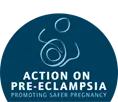










































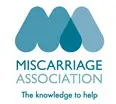







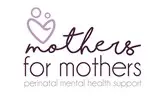






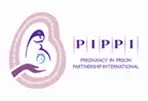




















Support for maternity service users
Completion of the survey may bring up difficult or uncomfortable memories. We have curated a list of organisations that provide support if needed. You can also look at the full list of Project Partner logos to find other organisations that may be able to provide you with specialist support. Alternatively, or in addition, you can contact the maternity service who provided your care.
